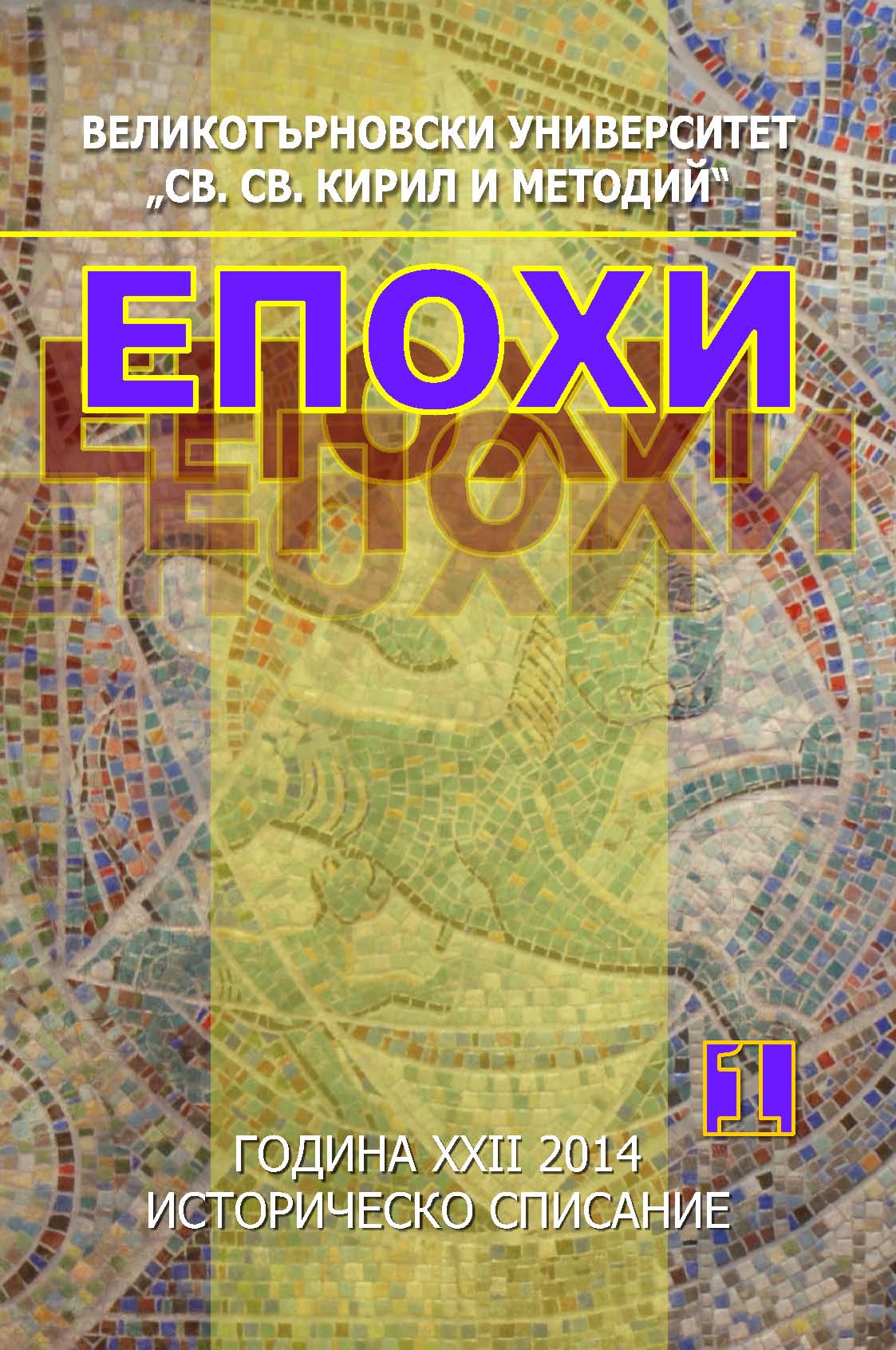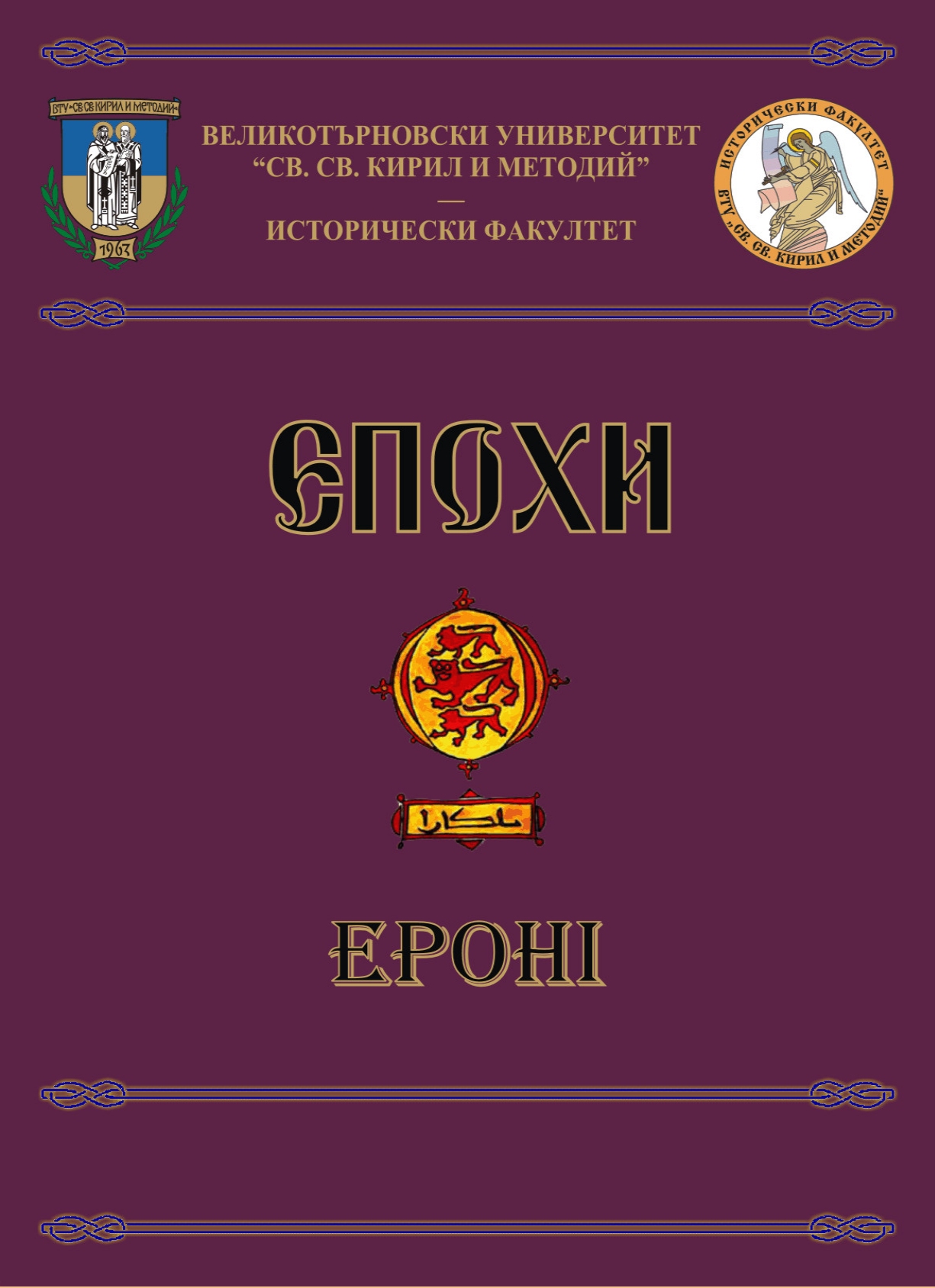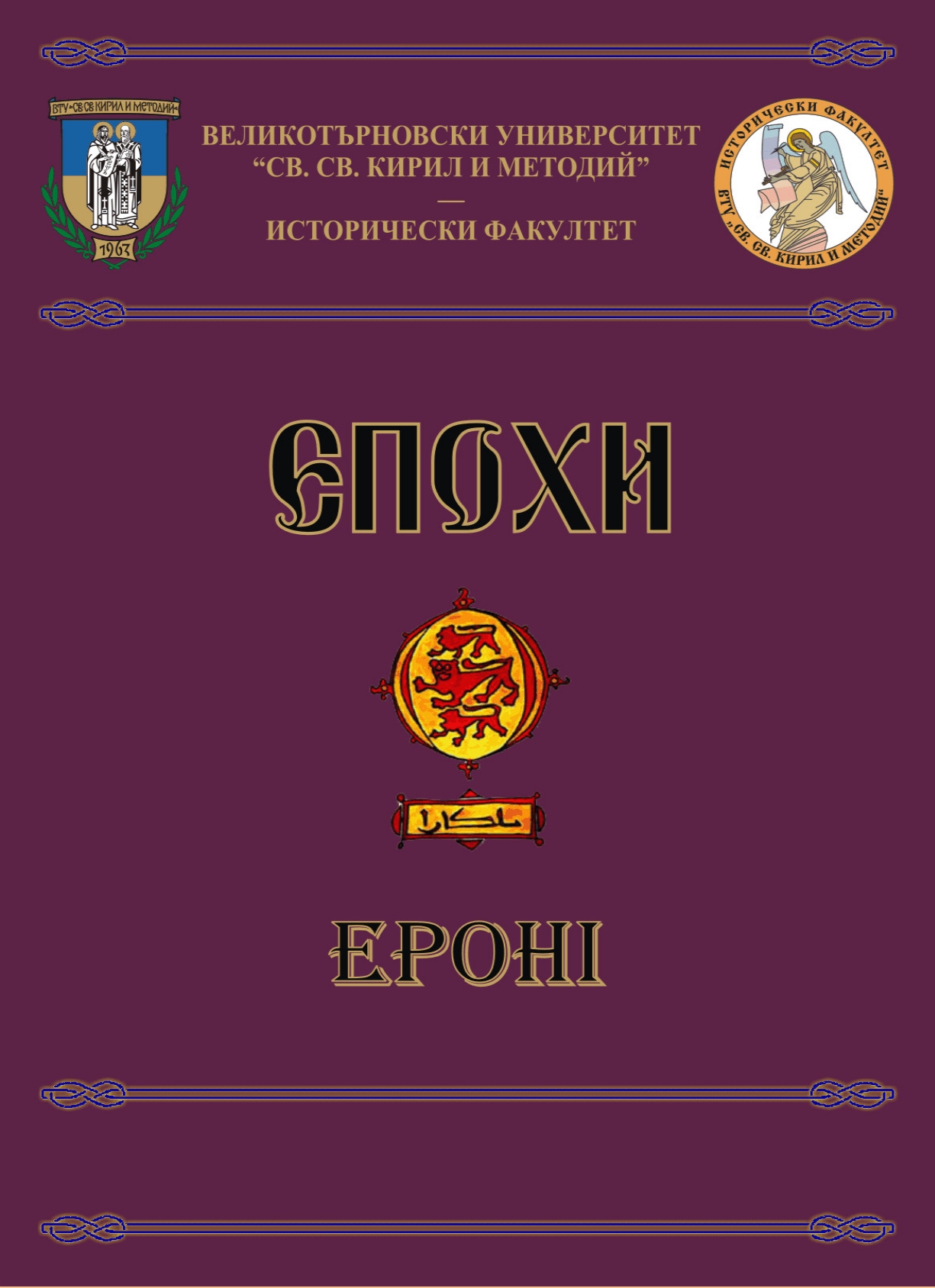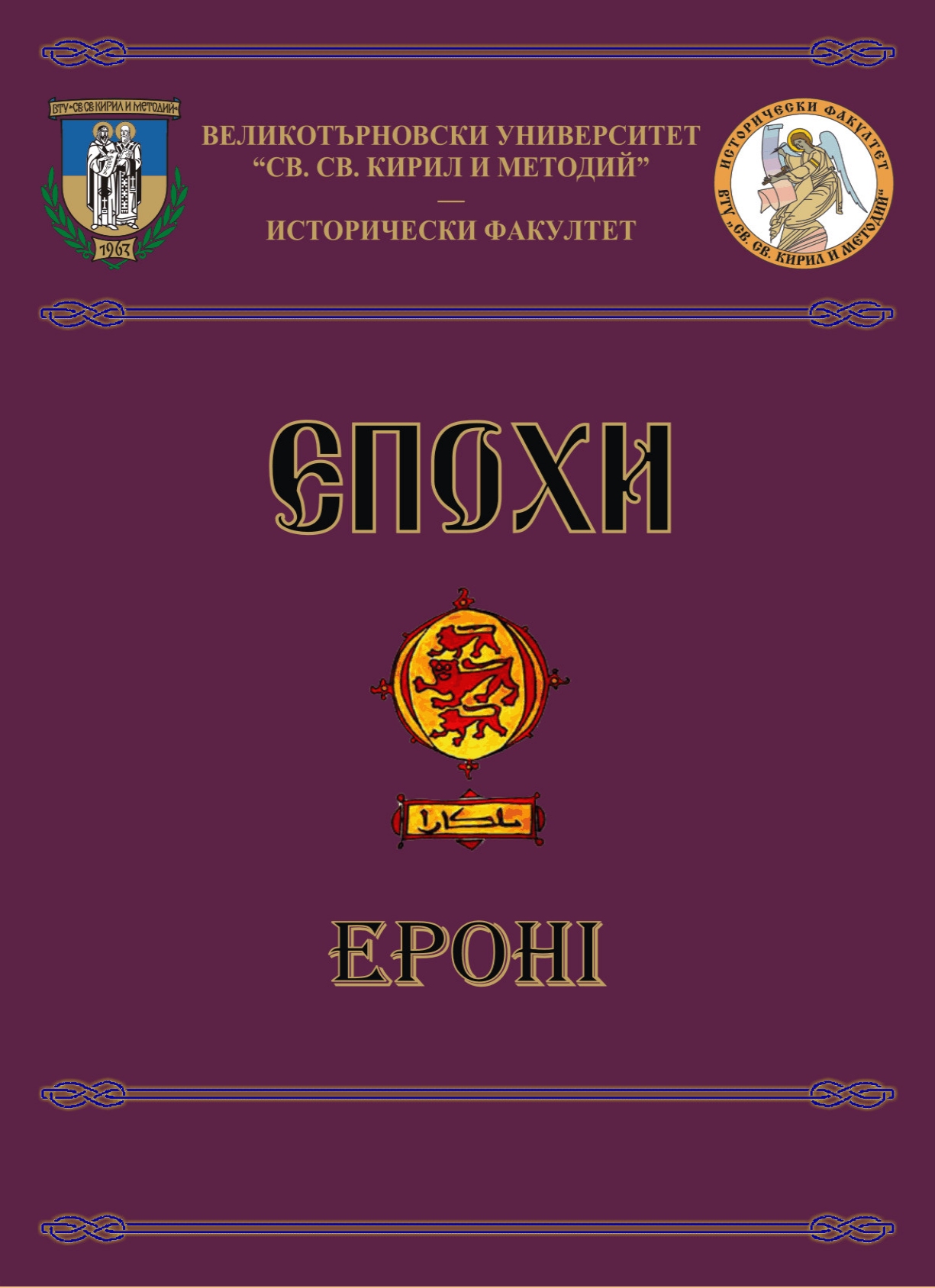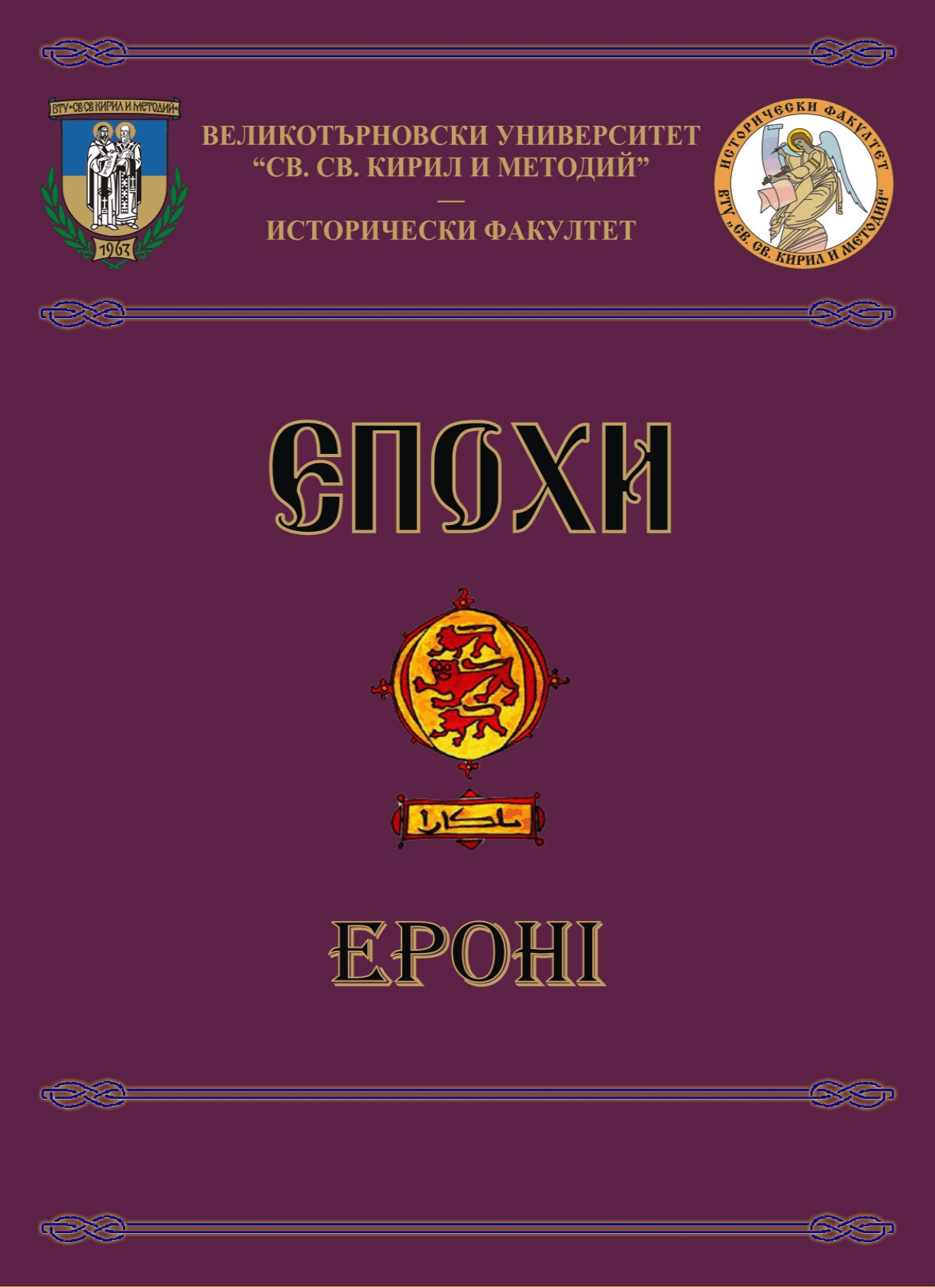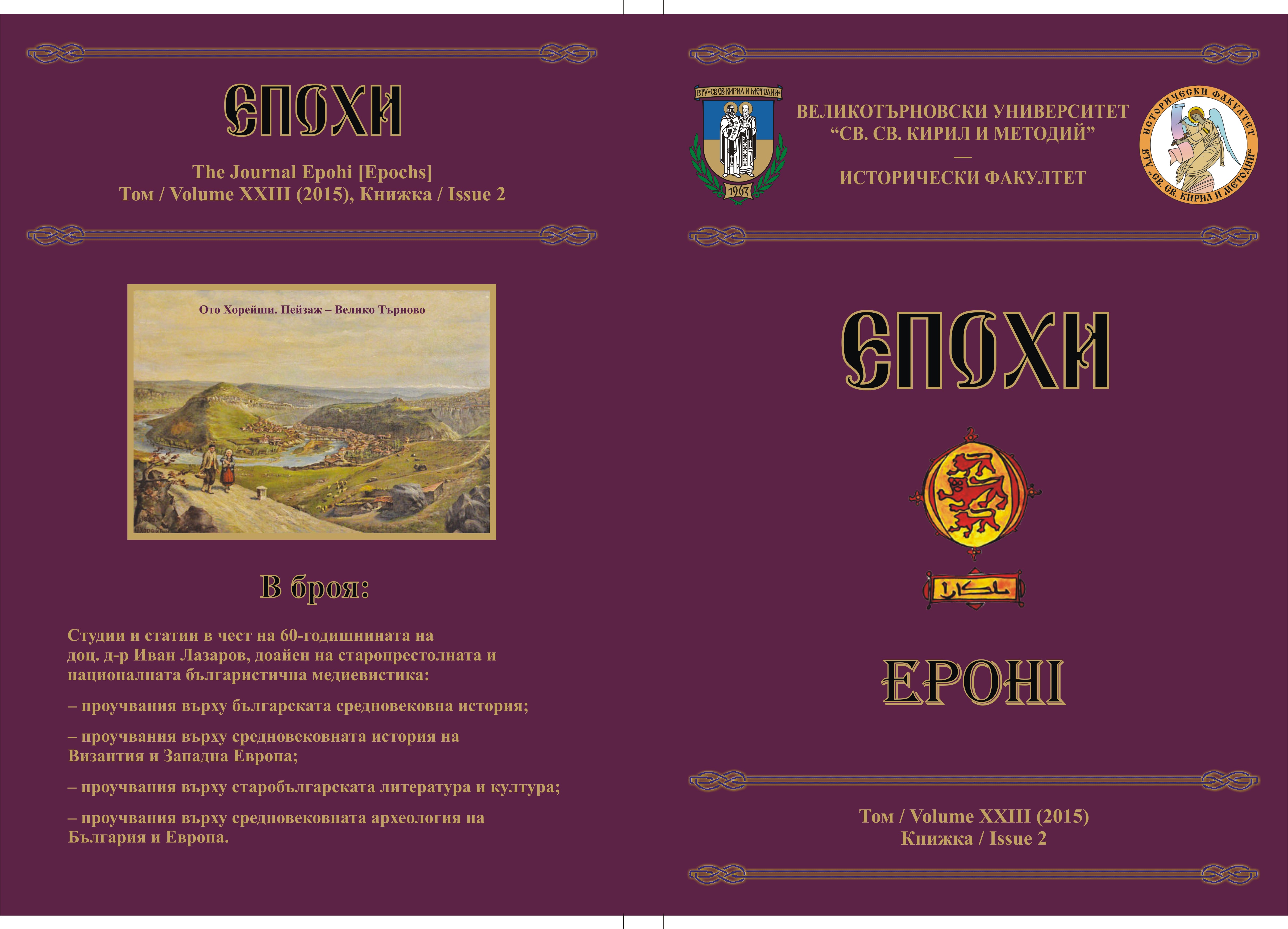
Църковният закон на патриарх Василий в Архивския номоканон (ЦИАИ 1160)
The Arhivski Nomocanon (Church History and Archives Institute 1160) is end of the 14th century copy of the Penitential Nomocanon of the Bulgarian church. Its initial composition originated in 913 from translated and domestic legal documents and later new texts were added, among which we identify Patriarch Vasilii’s Ecclesiastical law. In the Law the total number of rules is 117, united thematically in 9 groups, of which the first two are meaningful: the first is about the hierarchy in the autocephalous Church headed by a Patriarch, the second establishes the priority of the ecclesiastical court over the tsar’s court, sign of the uniat with Rome (1204–1232) at the time of Patriarch Vasilii’s rule.
More...
